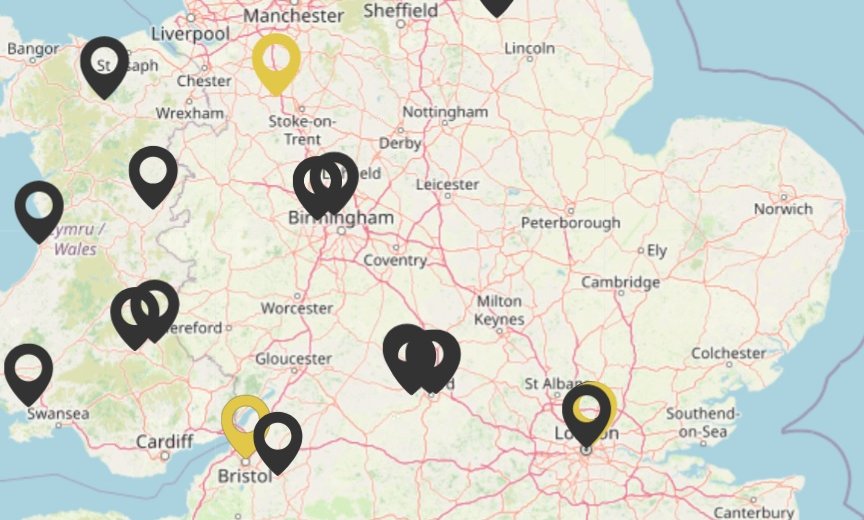Welcome to the new Methodist Heritage website
Visit sites near you that tell the story of Methodism.
Part of a church? Discover ways to celebrate and Tell Your Story.
Learn about the roots of the Methodist History.
Dig a little deeper with Research and Resources.
Keep up to date with all the latest Heritage News.

What is Heritage?
As we inhabit the Gospel story for now, we will always be shaped by the faithful community who gave that story to us. Heritage is part of our mission because it is in our roots, that our strength and nourishment are found from it, as surely as a tree stands open to the bright light of the day only because of its firm anchoring in the ground.
The Revd Dr Martyn Atkins General Secretary of the Methodist Church in Britain, 2008-2015.
The Four Methodist Museums
Find out more about the museums telling the story of the Methodist people and arrange your visit

Englesea Brook Chapel and Museum
Englesea - Brook Ln, Englesea Brook, Weston, Crewe CW2 5QW




Share a story
Visit the community archive sites and discover a wealth of memories and photographs. Get involved and share your own.
